Startupentrepreneurs are basically challengers. Starting a business with new ideas isjust like a baby taking the first step. He may grow into an innovator who canchange the world, but he is still close to a beginner who does not know muchabout the world and can easily be beat up in the market. Of course, you couldhave started a business after having worked in the office for 10 or 20 years inone field. But, does he have experience in running a company as a CEO? Well.Probably not. So, startups don’t know where to go when they face crossroads.You have to solve a number of problems, from accounting/finance to managingcompany funds, hiring the necessary staff, HR work for managing theorganization, developing to implement ideas into actual items. But, what is thereality? Tasks as easy as renting an office space might not have been donecorrectly.
So,startups look for fostering institutions. They seek help from startupincubators operated by public institutions such as the Seoul Startup Hub andG-Hub, as well as private accelerators and investors (VCs). There are caseswhere startups use their own resources (startup funds, developmentcapabilities, surrounding networks, etc.), but it is extremely rare. Unless theCEO was born with a gold spoon, it's not easy.
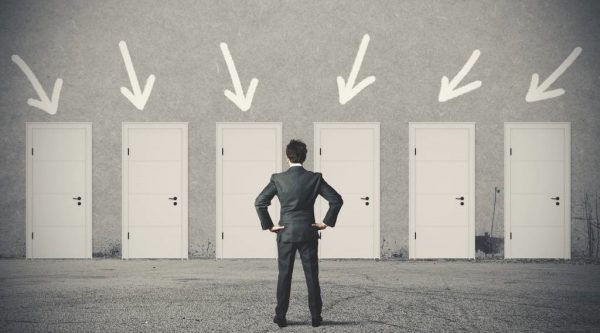
Therefore,in order to create a healthy startup ecosystem, it is necessary to establish avirtuous cycle where startups and their supporting policies, organizations, andmembers can coexist with each other. This is why various supports likelarge-amount investment that fosters startups, office space rental for startupswho have nowhere to go right away, and network that connects members so thatthey can demonstrate their capabilities are being performed.
Inrunning a business, what would be necessary for startups to grow? There is noone answer that will satisfy you 100%. Some will say it takes luck, some willsay money will solve it. Talented employee? Brilliant ideas? A companion(partner) looking at the same direction walking next to you? In fact, you needall of these. You have to eat well and not be picky about food. Also you needto move around to learn and grow.
No water and sewage system in Bangladesh.
Foundedin 2016, Glory & Tech is a start-up that operates water supply business andenergy supply business for developing countries. It mainly operates inCambodia, the Philippines, Myanmar, Mongolia, and Vietnam, and installs andmaintains water supply facilities and renewable energy generation facilities inabout 30 schools and villages. It is trying to provide water and energysolutions that are suitable for the local area by looking at the sites ofdeveloping countries.
Glory& Tech CEO Park Soon-ho said, “In addition to Southeast Asia, we are goingexpand into Africa such as Ethiopia, Tanzania, and Uganda. We are supplyingwater, drinking water to be exact, to about 12 countries.” He then said, “Koreais a country that has no problem with drinking water. We are not concerned muchabout drinking water. However, the situation in third world countries anddeveloping countries is different. They get water from polluted rivers andstreams, and use it for washing and drinking. It’s horrendous to see.”
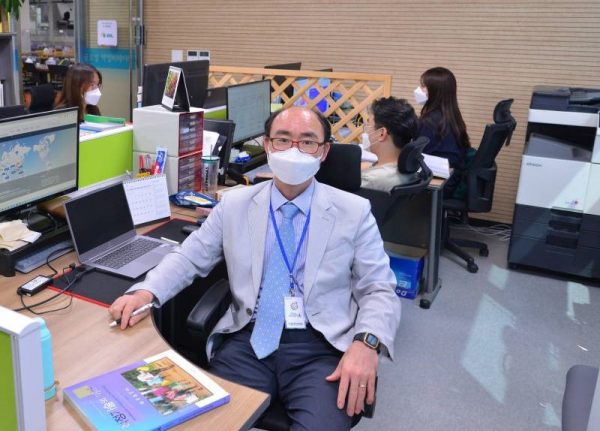
Hecontinued by saying, “Take Bangladesh as an example. There is no water systemin Bangladesh. Hotels where tourists visit have their own water tanks, and itsupplies water through a water purification facility. The government does notsupply water at all. As such, the water supply rate in underdeveloped countriesis only 11%. Nine out of 10 people get water from rivers. But the water in theriver is not clean. Since there is nosewage system, wastewater from houses and factories flow directly into it.Wastewater goes underground and mixed with river water. Houses can’t afford tohave purification facilities... They have no money. It is a vicious cycle.”
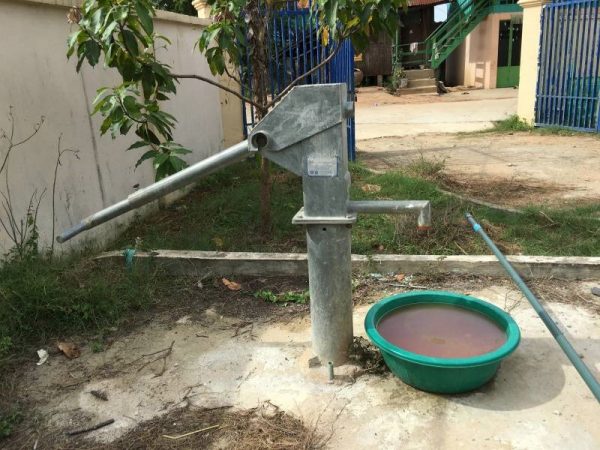
Webecame curious on how you started the business. To supply water, we needsupport. Glory & Tech cannot provide everything for free. He said, “Westarted it by winning the project from Green Technology Center (GTC), anaffiliate of the United Nations Industrial Development Organization (UNIDO).Bangladesh is damaged by typhoons every year. Every time a typhoon comes,houses collapse. What happens after is running out of drinking water. Broadlyspeaking, it is about resolving problems caused by climate change.”

Parkstarted speaking faster. He said, “There is CTCN TA, a technical assistance(TA) project promoted by CTC-N (Climate Technology Center & Network), whichis a climate technology organization under the United Nations. It resolvesproblems of salinization caused by climate changes occurring due to climatechange. I also participated. We also participated in KOICA project, which isexclusively implemented at the government level for free external cooperation.What we are pursuing is not how to solve the problem quickly, but how to solvethe problem from the root.”

How to ensure businesscontinuity?
Glory& Tech and CEO Park have very good purpose. Desertification andsalinization caused by climate changes are everywhere, knowingly andunknowingly, and it adversely affects everyday life. It is clearly necessary tostep forward and solve this problem. However, no matter how good it is, a one-timeevent is not enough for startups that have to run businesses. There has to beways of sustainable growth.
Parksaid, “That’s right. It costs money to continue the drinking water business.It’s for maintenance. It would be lucky if we can get support from thecountries, but because it is not, the UN or the Republic of Korea are providingsupport. I thought about how to solve this problem. That’s when I met S-OIL.Through SBA, we were able to seize the opportunity at the Seoul Startup Hub,and we were able to find a point of contact between what S-OIL wants and thebenefits we can get from pursuing it.”
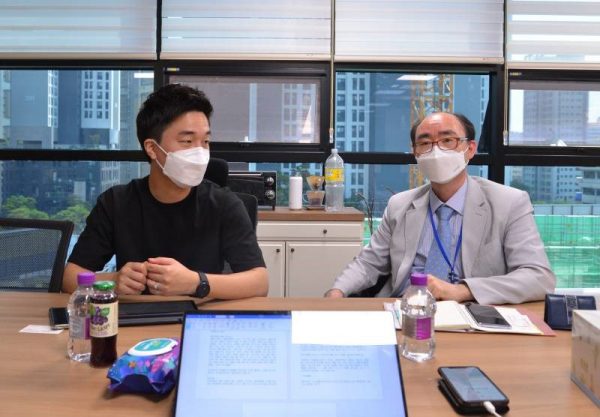
Itwas puzzling. S-OIL is an integrated energy company in oil refining,lubrication, and petrochemicals. How does it relate to drinking water supplystartups that purify water? Assistant Manager Lee from S-OIL's new businessteam took over to answer the question.
Lee said, “We had wanted to cooperate with startups in the past. After many discussions about the method, we chose the form of direct investment. One of them was Glory & Tech. In the past three years, we have also invested in five or six other startups. Accelerating, that is a series of process of training and supporting startups, is done by cooperating with startup support centers or hubs like SBA, and we are making investments after checking the results. Sometimes, we work with private VCs.”
Hethen said, “S-OIL is an oil refinery company. We had a sense of crisis thatthis alone was not enough. In a rapidly changing society, traditionalbusinesses that refuse to go forward and do not make progress will be leftbehind. Companies should be able to join the flow called change. The startup ecosystemin Korea has been established to the level of our expectations, and we thoughtthat S-OIL could also add strength to the growth of startups. You can say thatwe have open mind. Basically, if we can have a win-win relationship with thatpartner, we provided help.”
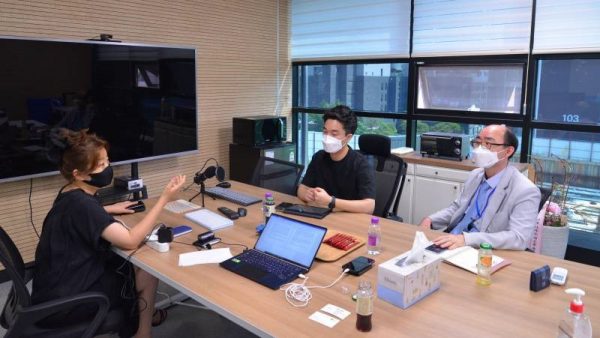
Asa result, Glory & Tech and S-OIL can create win-win synergies when theywork as partners, so they have chosen to cooperate. SBA came as the mediator.Still, the question remains. Startups are bound to be dominated by largecorporates. Startups cannot compete against large companies, no matter how bigthey are. Imagine a toddler who has just taken first steps working with anadult. It is hardly likely to happen. This means Glory & Tech somehowattracted S-OIL.
Park said, “It’s carbon credit. Glory & Tech’s drinking water and energy business is certified by the United Nations Framework Convention on Climate Change (UNFCCC) to secure carbon credits. We have been certified to reduce carbon emissions by supplying drinking water in an eco-friendly way. It has been recognized as the way to reduce greenhouse gas, and we have acquired carbon credits this way. It is one of the assets Glory & Tech has.”
Carbon Credits: With the right to emit greenhouse gases that cause and aggravate global warming, companies to which emission rights are allocated are obliged to use greenhouse gases within the scope of allocation. And the remaining or insufficient credit can be traded in the market. The concept of carbon credits emerged according to the three mechanisms of the Kyoto Protocol (adopted in December 1997 and officially entered into force on February 16, 2005) adopted to effectively achieve the greenhouse gas reduction goal as a concrete implementation plan of UNFCCC. The world carbon emission market is 126 billion dollars' worth as of 2008, which is a 12-fold growth in just three years. The growth of the carbon credit market has been accelerating ever since.
[Source: Naver Knowledge Encyclopedia]
Hecontinued, “As carbon credits emerged, the amount of greenhouse gas that can beemitted by each country has been set. The same goes for Korea. We have set agoal to reduce it gradually by 2030, and the amount of greenhouse gas allowedby each company has been set. Here is where carbon credit takes on an importantrole. The more carbon credits we have, the more greenhouse gas we can emit. Itis a system which the world made an agreement to reduce greenhouse gas andtrade within the system.”
Carbon credit would be like volume-based garbage bags and carbon credit trading system would be like garbage volume disposal system. In order to prevent reckless disposal of garbage, the law to throw garbage in the designated garbage bag was enforced, and the profit made by selling these garbage bags is used to dispose of the garbage. In this sense, if additional greenhouse gases are emitted, carbon credits would be secured to prevent climate change.

AssistantManager Lee added. He said, “Not every company can secure carbon credits. Itmust go through rigorous verification and procedures certified by the UN. Inorder to secure this, Glory & Tech persuaded the UN, government agencies ofcountries that supplied drinking water facilities, and local users, and passed.It’s not easy to do that. It has done something that not anyone can do.”
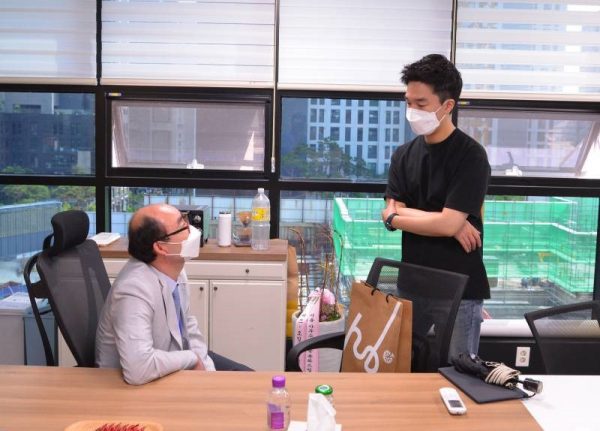
S-Oil, Glory & Tech, and SBASeoul Startup Hub
Whenstartups and large corporations are doing business together, they are often incompetition to take the upper hand. A lot of times, there are in the game ofproving who is stronger. It is not easy for startups to refuse large companies’proposals. But, they can’t just gulp it down without thinking, either. It maybe an opportunity that will never come again, but taking it is also as risky.
SeoulStartup Hub Part Head Choi said, “We are trying hard to make the opportunityfor the large companies and startups can cooperate fairly. It's like aninsurance and we are an arbitrator. We can help out with things they arelacking. You can think of it as a startup ecosystem in a nutshell. It is anecosystem where large companies, startups, and startup support centers come inharmony. We are going to cooperate with private companies (large companies),and keep making efforts. We are starting to see results slowly. We ask forgreat interest in what SBA, large companies, and startups will present in thefuture.”
On theother hand, the Seoul Metropolitan Government, the operating organization ofSBA, supports startup technology commercialization through “open innovation”between large global companies and innovative startups
so thatpromising companies can grow into unicorns and create a virtuous circle in thestartup ecosystem.
As the hub of Asia’s technological innovation,“Seoul” has been gaining distinguished attention as a global start-up city forits high R&D capacity,
high patent applications, active investment of SeoulMetropolitan Government in new industries such as AI, fin-tech, and lifesciences, and support for the start-up ecosystem.
Within the promotion of start-ups in the technologysector, Seoul Metropolitan Government, Maekyung Media Group and Seoul StartupHub joined forces
to organize an on/offline global startupfestival for start-ups from all over the world from September 15 through 17under the name of 'Try Everything',
which aims to share scale-up insight and to attractstart-ups in the tech sector to make appointments with potentially interestedinvestors."
